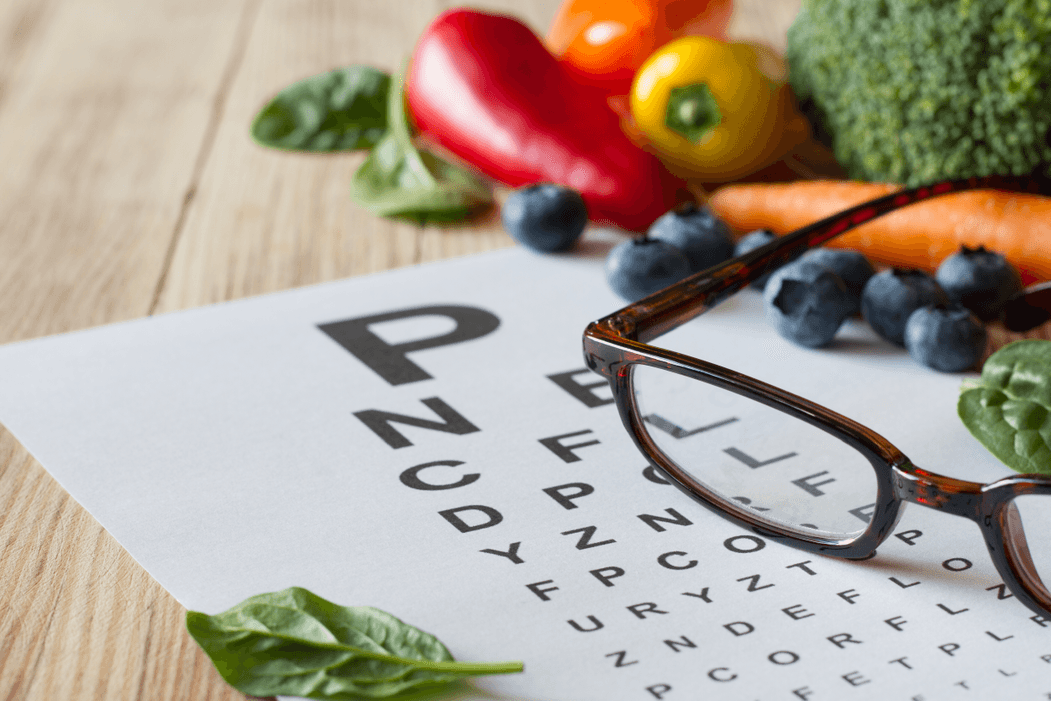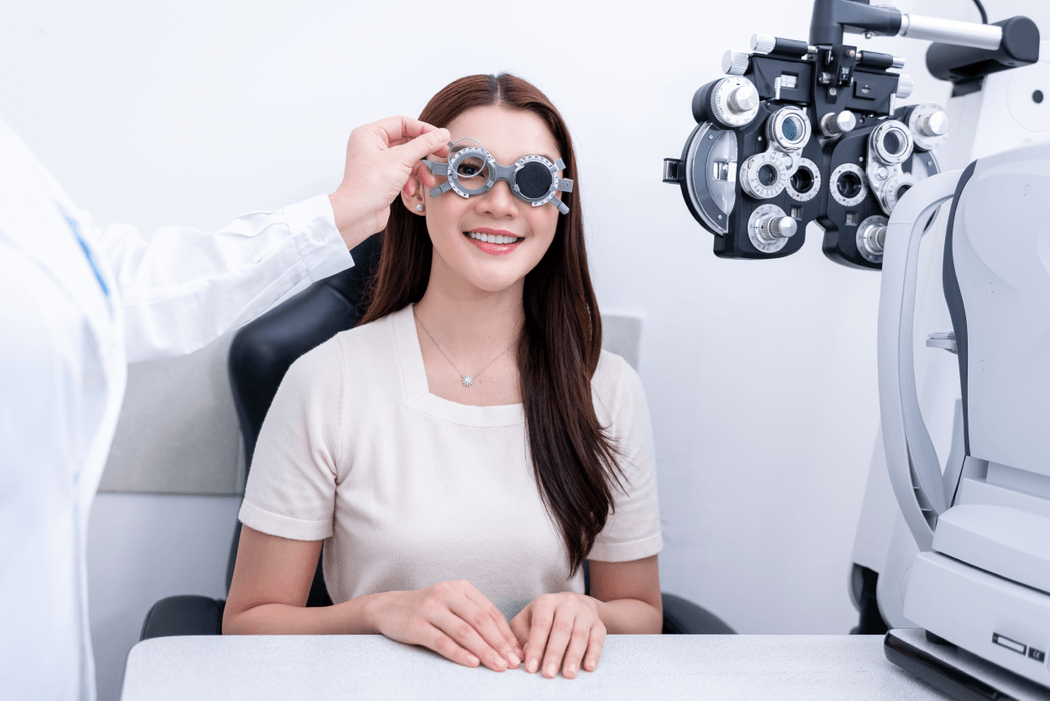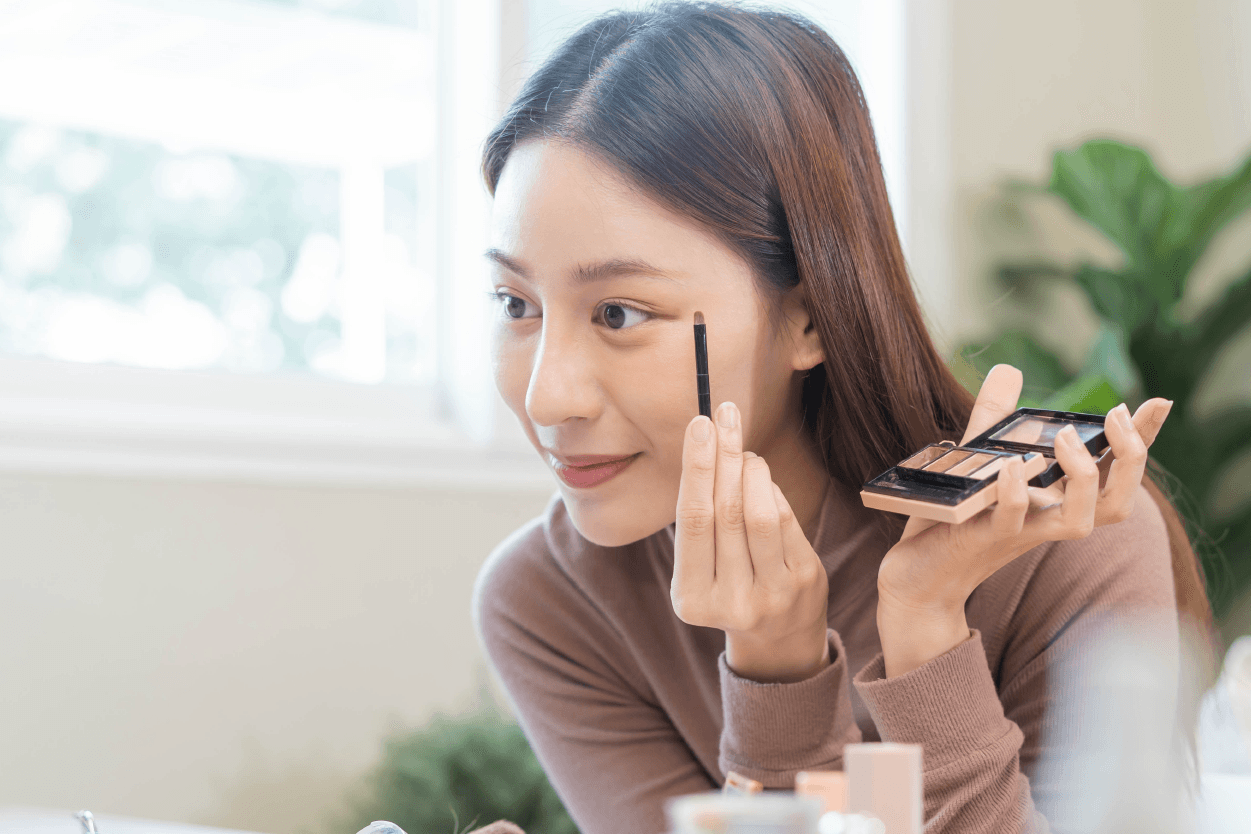Is Your Vision Hazy? Follow These 10 Eye-Healthy Tips

"Indonesia has the highest rate of blindness in Southeast Asia," according to the Indonesian Ophthalmologists Association and the Health Training and Development Agency (Balitbangkes). Both organizations worked together to conduct a Rapid Assessment of Avoidable Blindness (RAAB) survey in 15 provinces.
The eyes are the most vital and sensitive organs in the body. Consider how long your eyes work. From the time you wake up until you go back to sleep. The eyes deserve special attention and care because they work so hard for us.
Eye health is influenced not only by age, but also by general health conditions. A person with diabetes, for example, is more likely to develop diabetic retinopathy than someone with other health issues. Diabetic retinopathy is one of the diabetes complications that can cause vision loss or blindness.
Genetic factors also have an impact on eye health. Macular degeneration and glaucoma are typically passed down through families.
Whatever the cause, everyone requires basic eye care. The most important thing is to avoid excessive stress and to rest your eyes.
Keep your eyes protected!
Did you know that your eyes dominate 83% of your daily activities? As a result, the most important thing is to keep them safe. Diabetes and high blood pressure can also be detected by the eyes.
Here are ten steps to maintaining eye health.
1. Maintain a healthy diet

Nutrient deficiency has an impact on eye health. Begin by putting a healthy diet on your plate. Nutrients like omega-3 fatty acids, lutein, zinc, and vitamin C can help prevent age-related vision problems like macular degeneration and cataracts. Carrots are essential for eye health. Carrots are high in beta-carotene, a carotenoid antioxidant that the body converts to vitamin A.
In addition to carrots, include spinach, watercress, and mustard greens. These vegetables are high in the antioxidants lutein and zeaxanthin. These substances are extremely beneficial in preventing macular degeneration and protecting the eyes from excessive sunlight exposure.
Salmon, tuna, and other omega-3-rich oily fish are also helpful in increasing oil production and preventing dry eyes.
Eggs, as well as nuts and other plant-based protein sources, and fruits, particularly oranges, are also important for eye health. Oranges are high in antioxidants. They protect against free radicals and lower the risk of cancer.
A well-balanced diet also aids in weight management. It lowers the risk of obesity and related diseases, such as type 2 diabetes, which is the leading cause of blindness in adults.
2. Stop smoking

Quit smoking if you still do! Smoking increases the risk of several diseases, including macular degeneration and cataracts, as well as damaging the optic nerve and causing vision problems over time.
3. Wearing sunglasses

Your eyes are extremely sensitive to sunlight. As a result, protect your eyes from the sun's ultraviolet (UV) rays. Overexposure to UV rays raises the risk of cataracts and macular degeneration. Choose sunglasses that can block 99% to 100% of UVA and UVB rays. You can also protect your eyes from the sun by wearing a hat or using an umbrella.
4. Safety glasses

Wear safety glasses or protective eyewear when working with hazardous or airborne materials.
Some sports can also result in eye injuries. When participating in sports, use eye protection. For example, a helmet with a face shield or sports goggles with polycarbonate lenses.
5. Resting your eyes

If you work on a computer or phone, try not to stare at it all the time. Rest your eyes. Long periods of staring at a screen can cause vision problems such as blurred vision, difficulty focusing on distant objects, dry eyes, headaches, and neck, back, and shoulder pain.
To protect your eyes, do the following:
- Wear appropriate viewing glasses.
- If you're not happy with your glasses, talk to your eye doctor about it.
- Adjust the screen so that your eyes are level with the top of the monitor.
- Avoid glare from windows or lights.
- Choose a chair that is both comfortable and supportive. Place your feet flat on the floor.
- If your eyes are dry, blink frequently or use artificial tears.
- Use the 20-20-20 rule. Every 20 minutes, take a 20-minute break from your work. For 20 seconds, stare at something 5-6 meters (20 feet) away. Every 20 minutes, get out of your chair. Take 20 steps.
6. Regular eye exams

If you have a family history of eye problems, schedule an eye examination at least three to four times a year. This will keep your eyes healthy. Make sure that every part of your eye is in good working order.
Routine eye exams also aid in the detection of other health issues, such as diabetes and hypertension.
7. When applying eye makeup, use caution

Eye makeup is also important. Some of them may contain chemicals that are harmful to your vision. The best option is to wear minimal makeup. Remember to remove the eye make-up entirely before going to bed. This is done to prevent bacterial growth, infections, and allergies.
Always clean the brushes you use to apply eye makeup. It's best to avoid sharing eye makeup.
8. Get enough sleep

Getting 7-8 hours of sleep per night improves overall health. Restful sleep is required to replenish energy so that the body can work at peak performance.
Sleeping properly allows the eyes to rest after working hard all day. You avoid headaches, eye strain, and tired eyes as well.
9. Keep hydrated

Drink plenty of water. Dehydration can result in a variety of health issues, including dry and irritated eyes. Drinking enough water, on the other hand, will reduce eye bags and make your eyes appear more attractive.
10. Avoid reading while lying down

Reading a book or talking on the phone while lying down is a pleasurable experience. Some people even do this as a pre-sleep routine. This, however, is a bad habit. When reading a book or talking on the phone, take a seat. Lying down while reading causes the eyes to strengthen the eye nerves, resulting in other eye health issues.



